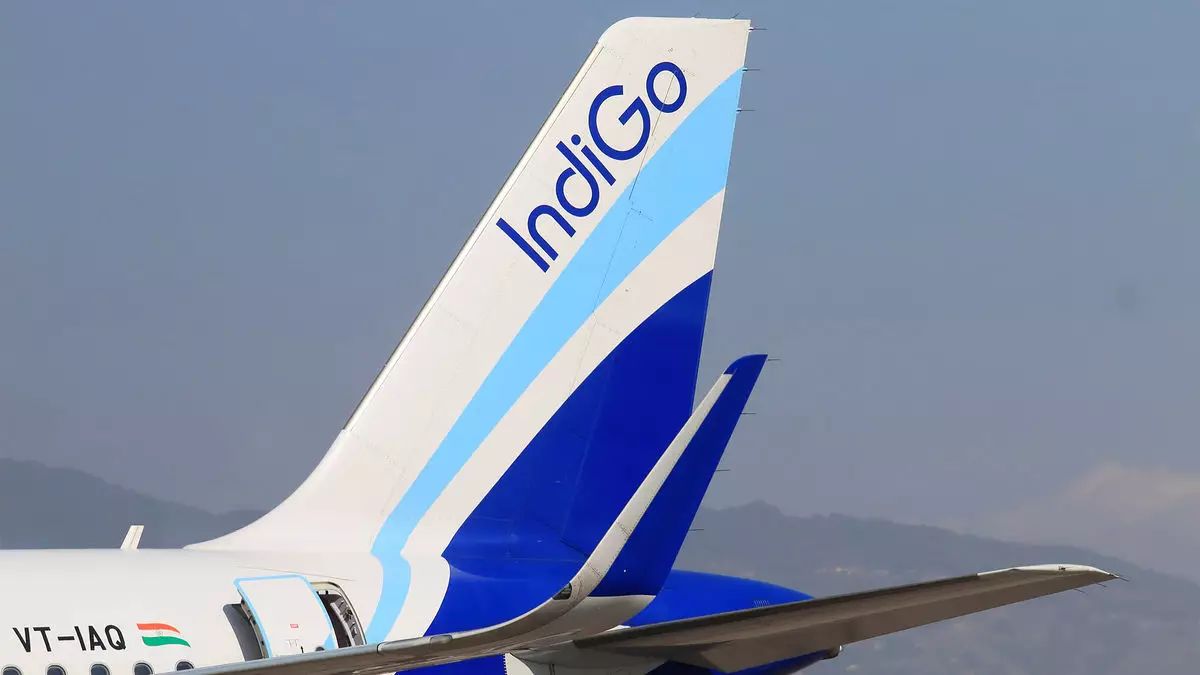IndiGo, India’s largest airline and a pioneer in the low-cost carrier model, has embarked on an ambitious journey through groundbreaking international partnerships. With the recent announcement of its first codeshare agreements with Delta Air Lines and KLM for connections to the U.S. and Canada, as well as Virgin Atlantic from Manchester, IndiGo is strategically positioning itself to tap into a more global market. Such collaborations could mark a pivotal shift in the aviation industry, particularly as IndiGo transitions from a domestic powerhouse to a global competitor in the airline space.
The codeshare arrangement allows IndiGo to offer passengers seamless access to routes that were previously challenging to navigate, enhancing the travel experience. This step not only amplifies passenger convenience but also raises the stakes in airline competition by embedding IndiGo into a complex web of global flight networks. IndiGo’s CEO, Pieter Elbers, emphasized the immense potential of these partnerships, suggesting a vision that stretches well beyond current frameworks.
Paving the Way for Long-Haul Aspirations
IndiGo has already made substantial strides within its domestic market, boasting over 91 cities served and 41 international destinations. However, with its planned launch of long-haul flights, including routes to Manchester and Amsterdam, the airline is making its first forays into a realm traditionally dominated by full-service carriers. Long-haul operations using leased Boeing 787 aircraft lay the groundwork, but the true transformation is set for 2027, when IndiGo anticipates the delivery of its first Airbus A350 aircraft.
This transition is not simply about introducing new aircraft; it represents a broader strategic pivot towards becoming a globally recognized airline. As Elbers noted, the airline intends to launch direct service to the U.S. in the future, contingent upon regulatory approvals and the arrival of its new fleet. With meticulous planning and execution, IndiGo is on the cusp of not just broadening its route map but redefining its brand identity in the crowded arena of global aviation.
The Economic Implications of Growth
The expansion into long-haul services and international codeshare agreements carries substantial economic weight. Delta and KLM’s interest in fostering connections with IndiGo highlights a mutual recognition of market potential. IndiGo’s growth coincides with an increasing demand for transcontinental travel between India and the U.S., which saw around seven million passengers last year. Such figures reveal a substantial market ripe for exploration, effectively nudging airlines to reevaluate their operational strategies.
However, while the enthusiasm surrounding these partnerships is palpable, it simultaneously presents challenges. The competitive landscape is fierce, with established carriers possessing extensive networks and loyal customer bases. The success of IndiGo’s international ambitions will hinge not merely on airplane availability but also on pricing strategies, customer service, and marketing prowess.
Shifting Dynamics in Airline Alliances
The potential for deeper integration between IndiGo and the transatlantic joint venture comprising Delta, Virgin Atlantic, and Air France-KLM cannot be overlooked. While Delta CEO Ed Bastian mentions that there are no immediate plans for a joint venture with IndiGo, the door is left ajar for future collaborations. Such innovations can create a dynamic shift within the industry, ultimately elevating competition and improving service offerings.
IndiGo’s rapid growth and evolving strategy are indicative of overall shifts within the airline industry. The age of isolated national carriers is waning; instead, a more interconnected network of airlines collaborating across borders is emerging. Cross-border codeshare agreements symbolize this new era, facilitating a seamless travel experience that acknowledges the increasing interdependence of economies globally.
IndiGo’s Aspirations: A Reflection on the Future
In an industry often marked by volatility, IndiGo’s bold strategic moves signal a revitalization for the market. The airline’s massive orders of new aircraft, coupled with its long-haul ambitions, demonstrate an unwavering commitment to innovation and growth. With the world’s largest order book for new aircraft, IndiGo is not just responding to demand but proactively shaping the future of aviation.
The support from aviation leaders, along with consumer demand for international travel, augments IndiGo’s position as a key player for the foreseeable future. As the global travel landscape continues to evolve, IndiGo’s ability to leverage these partnerships and operate successfully on long-haul routes will be a bellwether for its sustained success in the international arena. The anticipation is palpable; the world will be watching as IndiGo embarks on this transformative chapter of its journey.


Napsat komentář